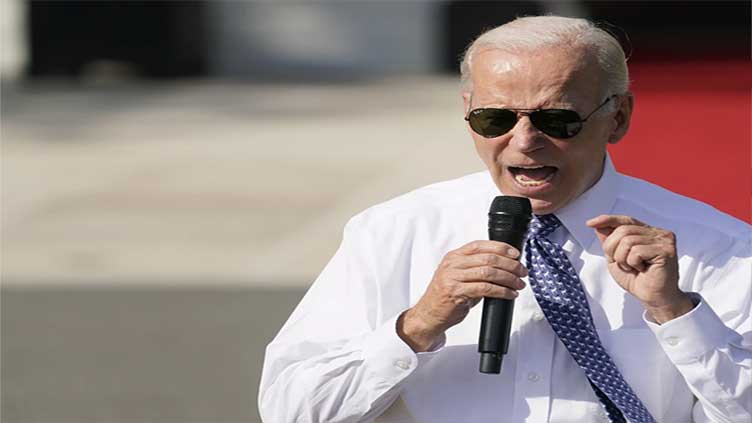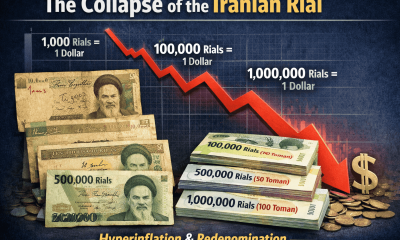
WASHINGTON — The Biden administration announced on Thursday that negotiations will reduce the prices of 10 of Medicare’s most popular and expensive drugs by hundreds or even thousands of dollars.
These discounts, resulting from months of discussions with pharmaceutical companies, range from 38% to 79% off the list prices of these medications, which are the prices before any discounts or rebates are applied. Medicare spent $50 billion on these drugs last year, and taxpayers are projected to save $6 billion under the new pricing, which will take effect in 2026. Older adults could collectively save up to $1.5 billion in out-of-pocket costs. Details on how these savings were calculated were not fully disclosed by administration officials.
The negotiated prices will affect drugs used by millions of older Americans to manage conditions such as diabetes, blood cancers, and to prevent heart failure or blood clots. The drugs include the blood thinners Xarelto and Eliquis, and diabetes medications Jardiance and Januvia.
This marks a significant shift for Medicare, which has been prohibited from negotiating drug prices with pharmaceutical companies for decades, a practice that has long been standard for private insurers.
President Joe Biden commented, “For years, millions of Americans had to choose between paying for medications or buying food, while Big Pharma prevented Medicare from negotiating prices for seniors and people with disabilities. But we fought back—and we won.”
The new drug pricing deals will be a key feature of Vice President Kamala Harris’ presidential campaign, particularly as she cast the deciding vote to pass the law. She will join Biden to announce the new prices, marking their first joint appearance since she took the lead on the Democratic ticket. They are working to convince voters that costs will decrease following years of high inflation.
Harris plans to unveil additional aspects of her economic agenda on Friday in North Carolina, focusing on further cost reduction and income growth for the middle class.
The two last appeared together publicly to welcome back Americans detained in Russia who were released as part of a prisoner swap earlier this month.
Pharmaceutical companies tried unsuccessfully to block these negotiations through lawsuits. The legislation enabling these negotiations was part of the Inflation Reduction Act (IRA), passed by a Democratic-controlled Congress in 2022. Despite these efforts, drug company executives have suggested in recent earnings calls that they do not expect the negotiations to significantly affect their financial performance.
Pharmaceutical industry officials criticized the White House announcement, arguing that it could lead to higher overall health care costs and increased Medicare premiums. “The administration is using the IRA’s price-setting provisions for political gain, but patients will be disappointed by the real impact,” said Steve Ubl, president of the Pharmaceutical Research and Manufacturers of America (PhRMA). “The so-called Inflation Reduction Act is a bad deal for American patients, resulting in higher costs, more insurance denials, and fewer treatment options.”
Next year, the Department of Health and Human Services will have the option to negotiate prices for an additional 15 drugs.











